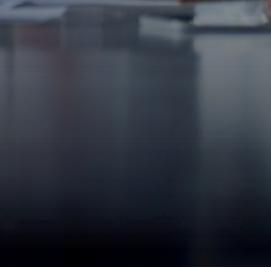erforming rts enterPAC
at albany State University of New York



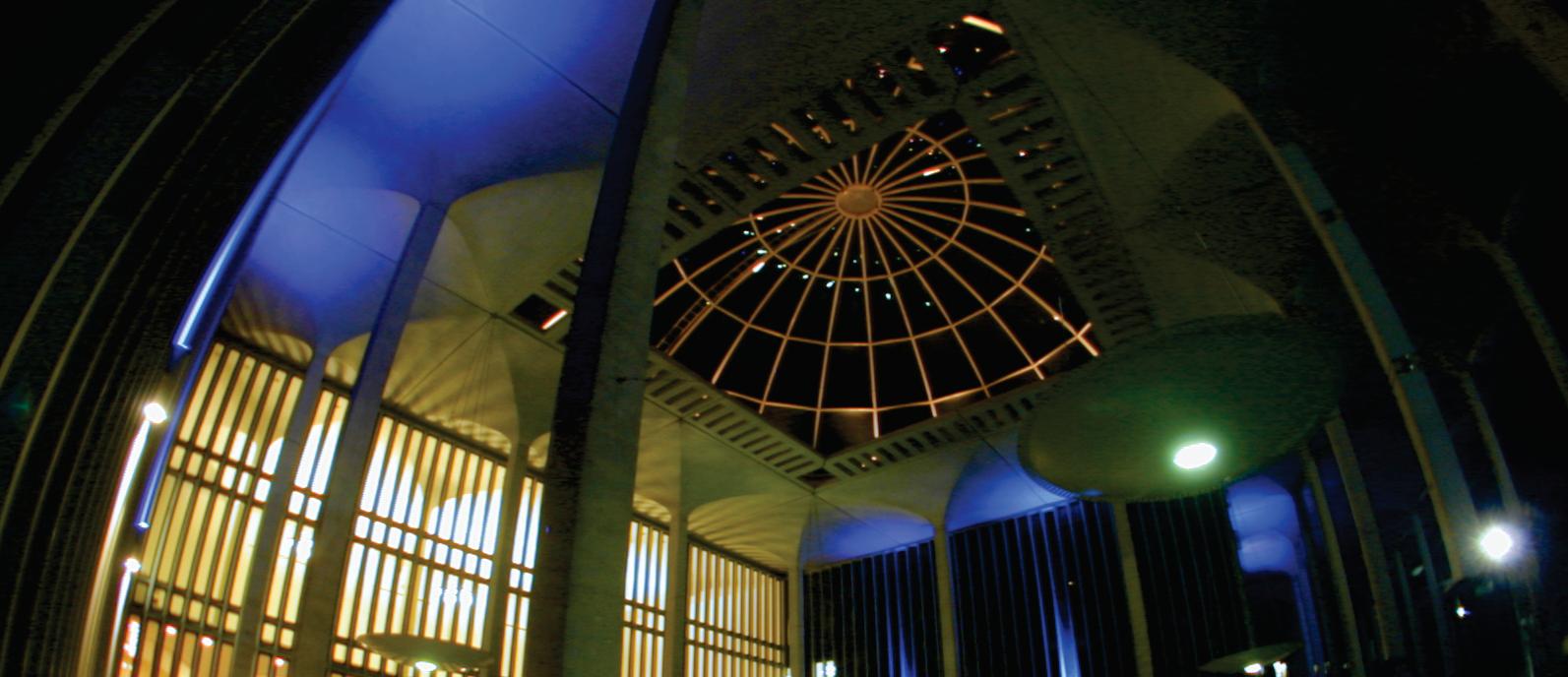

at albany State University of New York




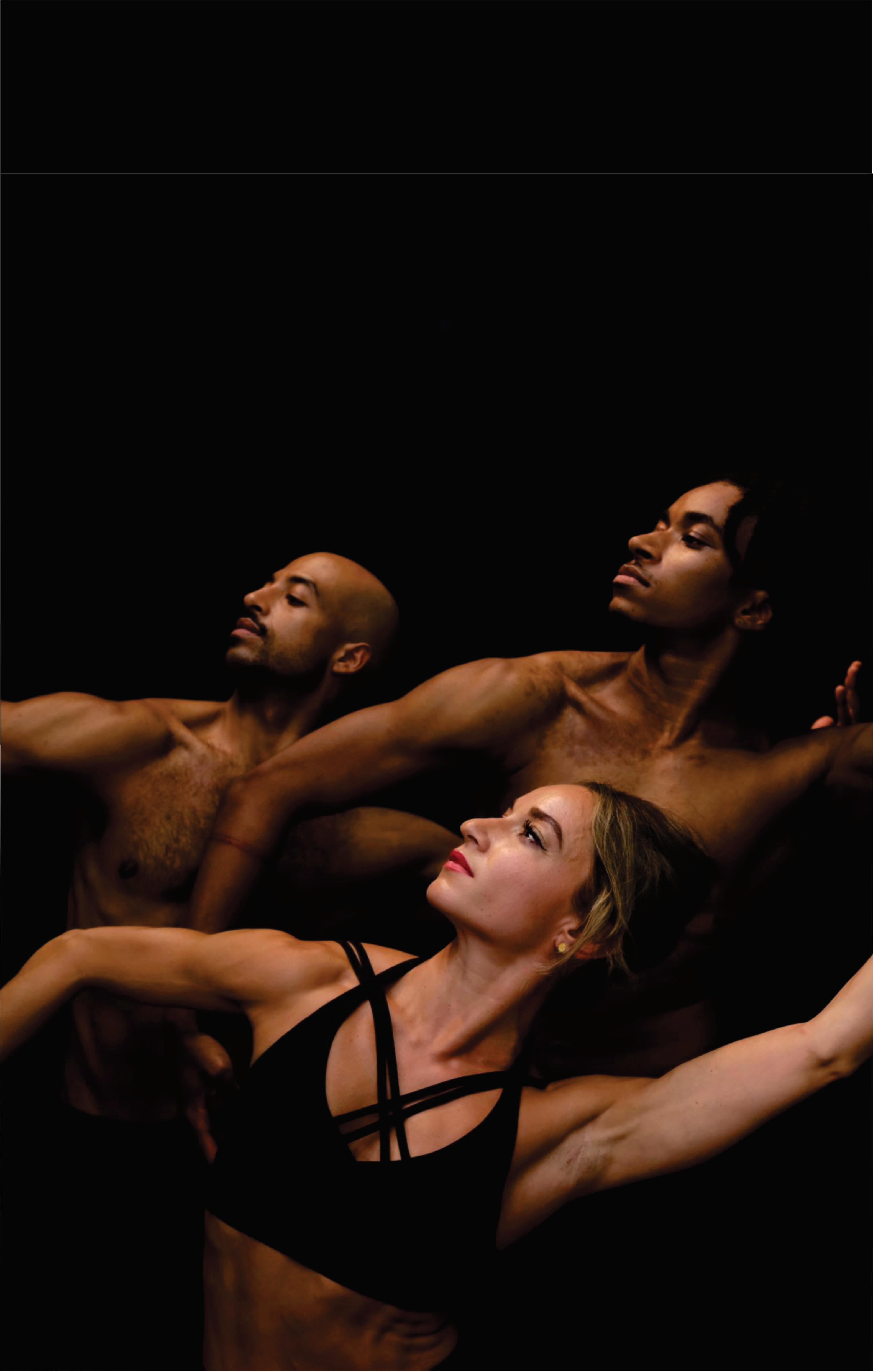
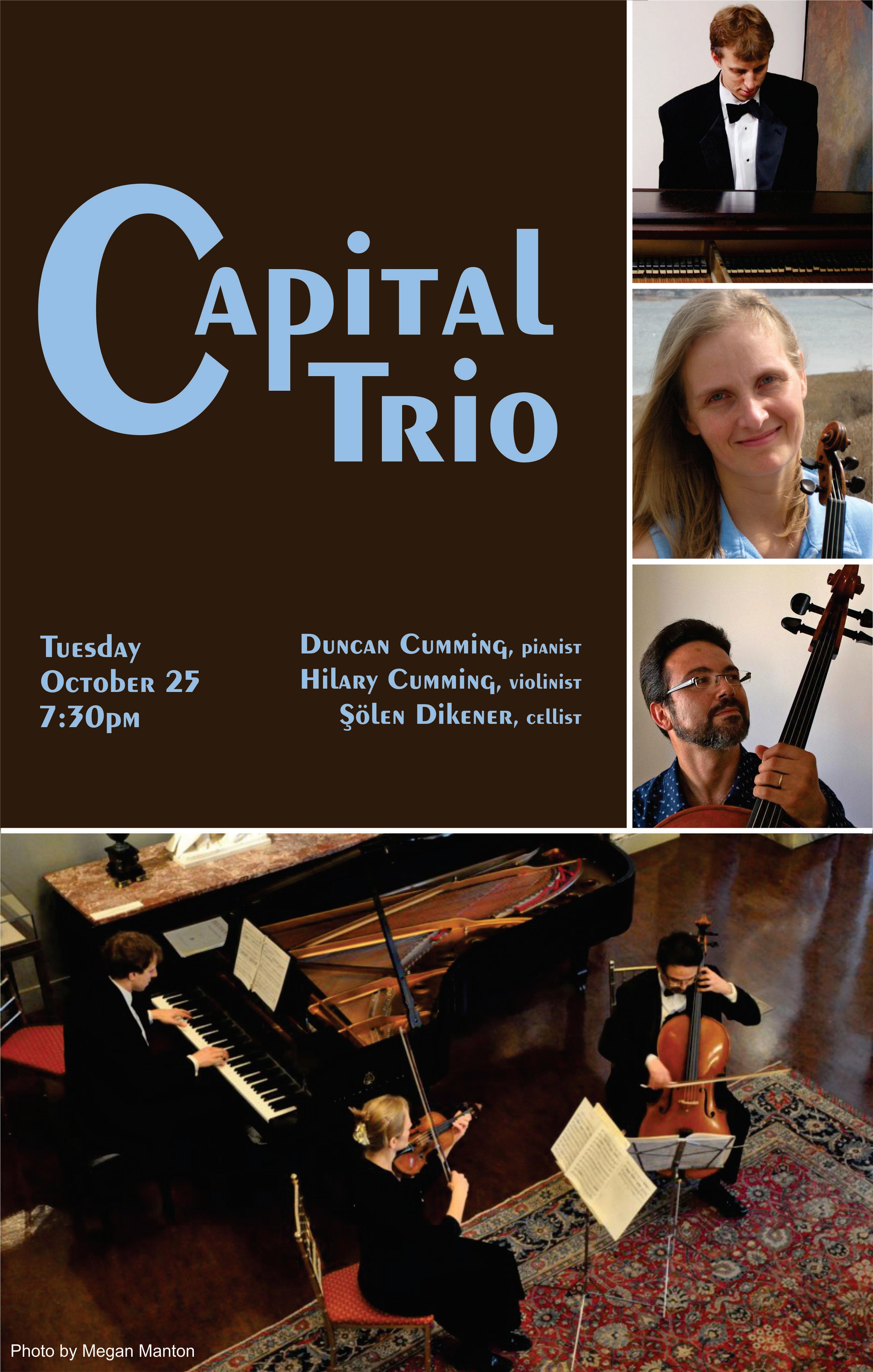
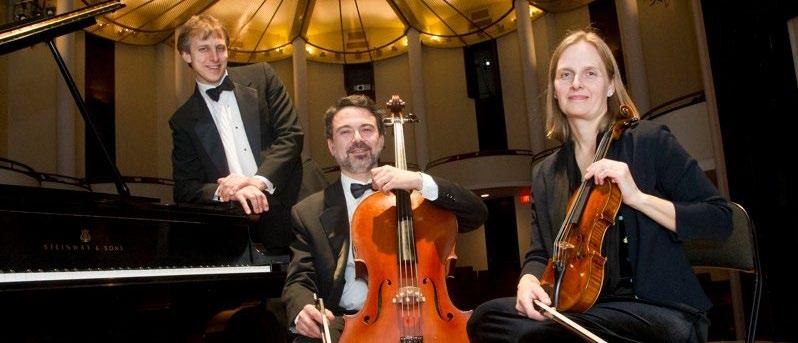
The Other Way! for piano trio was written by Los Angelesbased composer and violist David Walther and had its premiere in 2013. Our recording of the trio was released by Albany Records (TROY 1428). The composer wrote this about the piece:
The Other Way!, written in early 2009 for violin, cello, and piano, is dedicated to my Mom and my daughter, Cassidy, who have in common a poor sense of direction. This is an endearing quality especially when they think they know the correct way and confidently lead whoever is following in the wrong direction. This quirky trait really proves to be quite useful because of its consistency: whichever way they head is undoubtedly the opposite way to go. The jagged characteristics found in parts of this piece, expressed through sudden mood swings and immediate dynamic contrasts, to me express this shared quality about which I am teasing.
I do kid only those I love and these two unique individuals mean everything to me so this piece also acknowledges other characteristics they share. March, Scherzo, and Introduction and Finale are meant to be humorous, gregarious, and exuberant, diverging from each other through tempi and color. The third movement, Walk in the Woods, is a soulful ode to “losing oneself” in a moment.
Antonìn Dvořák Piano Trio in E minor, Op. 90 (“Dumky”) (1891)
Just before Dvořák’s famous trip to America in 1892, he took a farewell 40-concert tour of Bohemia and Moravia. For these concerts he composed his “Dumky” Trio in E minor, Op. 90, and he was the pianist for these performances. “Dumky” is the plural of “Dumka,” a type of music of Ukrainian origin. In colloquial language, a “Dumka” is a fleeting thought; musically speaking, the Ukrainian Dumka is a sung lament. Dvořák’s “Dumky” are more of the Ukrainian “Dumka/Shumka” variety, in which a section of melancholy alternates with one of exuberance. Experienced together, the yin-yang balance of each movement is remarkably soothing: we come to understand, through living with this incredible music, that every lament has its joy, and every bitterness finds comfort. We feel deep sorrow and regret in one section of music, and in the next, laughter and celebration: the human condition. As we watch the struggles of Ukraine in the news, we can feel this viscerally. The heartbreak of war breathes side by side with the extraordinary heroism of fighting for one’s country. In every moment of victory, we must also acknowledge unspeakable loss.
The “Dumky” Trio is an entire piece based on this idea: instead of writing a larger work comprised of some slow movements and some fast movements, every movement in this set contains profound contrasts of tempo and character. In fact one movement alone has 28 tempo changes indicated by Dvořák, which of course does not even take into account the liberties the performers may take.
The first movement illustrates this idea in textbook fashion. The piece begins with a dramatic lament in the cello, followed a minute later by a happy dance. Both ideas return again within the first movement, although they are
never exactly the same twice: the composer delights in romantic variety of instrumentation, ornamentation, or fragmentation —and this alternating drama forms the backbone for every movement in the six-movement work.
This folk-inspired music is very accessibly lyrical, and its authenticity has the power to reach right into the hearts of the audience. Hollywood composers knew this, and have often looked to Romantic composers like Dvořák for inspiration. In the third movement we have a moment that sounds quite like “A Time For Us” by Nino Rota from the 1968 Franco Zeffirelli film version of Shakespeare’s Romeo and Juliet. In the final movement, there is a moment which may have been the inspiration for music by John Williams from the 1982 movie ET -- one can almost see him in the basket on the bike! -- before the music rushes headlong to the finish.
The Capital Trio began as the Cecilia Piano Trio in 1997, named not only for the patron saint of music but also the cellist’s daughter, who was two years old at the time.
Founding and current members Duncan Cumming, piano, and Şölen Dikener, cello were surprised to discover at their first rehearsal that their teachers, Frank Glazer and Paul Tortelier, had performed together in Paris and Boston almost 70 years earlier and the young performers immediately forged a musical bond of friendship. Violinist Hilary Cumming joined the group in 1999 and they gave concerts and master classes from New England to the Midwest. They were featured as soloists with orchestra in Beethoven’s “Triple Concerto” and dedicated themselves to commissioning and performing new works in addition to
performances of standard trio repertoire. A review from the KALAMAZOO G AZETTE, Michigan, described the trio as “convincing both as strong individual musical personalities and as a cohesive unit.”
The Capital Trio was established as ensemble-inresidence at UAlbany in 2008 and they took on a new name to reflect their new incarnation in Albany, New York. Since their Albany debut they have toured the southern U.S., New England, and Europe in addition to their concerts in New York. Having held rigorous summer residencies in the past in Maine and in Michigan, since coming to New York they have been pleased to be rekindling this passion and commitment to the art of chamber music at the University at Albany. In addition to their performing and teaching at the University at Albany, through an artist exchange program they have performed, lectured, coached, and given master classes at Williams College, Hobart and William Smith Colleges, SUNY Oswego, Long Island University, Clark University, and many other schools.
Violinist Hilary Walther Cumming teaches at the University at Albany and performs as the violinist of the Capital Trio with American pianist Duncan Cumming and Turkish cellist Sölen Dikener. Before moving to New York, she served as concertmaster of the Cape Cod Sinfonietta and the Andover Chamber Orchestra; she has been heard as soloist with these ensembles as well as with the Reading Symphony Orchestra, Concord Orchestra, and the Boston Symphony Orchestra. Principal influences for her style and discipline are Joseph Silverstein, Franco Gulli and Shmuel Ashkenasi on modern violin, Stanley Ritchie on Baroque violin, and Seamus Connolly on Irish traditional fiddle. These outstanding artists continue to guide her and inspire her every moment she spends with her violin.
She has performed most extensively with the Capital Trio, ATHELAS (Denmark), Boston-based Sarasa, the Abbott Trio, and the Coleridge Ensemble. Her recordings can be found on Albany Records, Meridien and AFKA Records. As an orchestra musician, she has played in major halls on four continents; as a chamber musician she has recently toured Denmark, France and Switzerland with the Capital Trio. Her first love and passion remains the study and performance of chamber music.
Since his solo debut in 1 985, cellist Şőlen Dikener appeared in the USA and Europe as a soloist and also as a chamber musician with numerous groups, and most recently with the Capital Trio, based at SUNY-Albany. A promoter of contemporary music, he recorded six albums featuring premiere works for solo cello and chamber music of many modern composers. Dikener’s talent was recognized early on and following his graduation from the Gifted Students’ class in Ankara, he studied in France with legendary cellist Paul Tortelier. He currently teaches as a cello professor at Marshall University and is also the founder of Dat.C.A. Summer Cello Academy. In 2022 he published a new solo album "My Beautiful Star" available worldwide through Centaur Records.
Duncan J. Cumming, now in his seventeenth year on the faculty of the University at Albany, has performed concertos, recitals, and chamber music concerts in North America, Africa, Asia, and Europe. He has recorded three albums for the Centaur label. The first is a solo recording (CRC 3125) including music of Brahms, Debussy, Satie, and Chopin and the second is a historical instrument recording with Christopher Hogwood (CRC 3231) of the music of Carl Maria von Weber on Weber’s own 1815
Brodmann fortepiano. His most recent CD for Centaur (CRC 3834) came out in June of 2021, called From Bangkok to Bangor, and it is a story and music for children with narrator Lucy Cumming and illustrations by Hilary Cumming. He also has three chamber music recordings with Albany Records including A Book of Hours (TROY 1239), Threads of the Heart (TROY 1428) and Distance (TROY 1864). He is the pianist of the Capital Trio, ensemble-in-residence at the University at Albany, and the trio has performed, lectured, and taught master classes in residencies at Williams College in Massachusetts and Cambridge University in England among other places. He lives in New York with his wife, the violinist Hilary Walther Cumming, and his children Lucy, Mairi, and William Bear.
performance is part of a
spotlighting
artists in the PAC’s Prime Performances. Funding support provided by University at
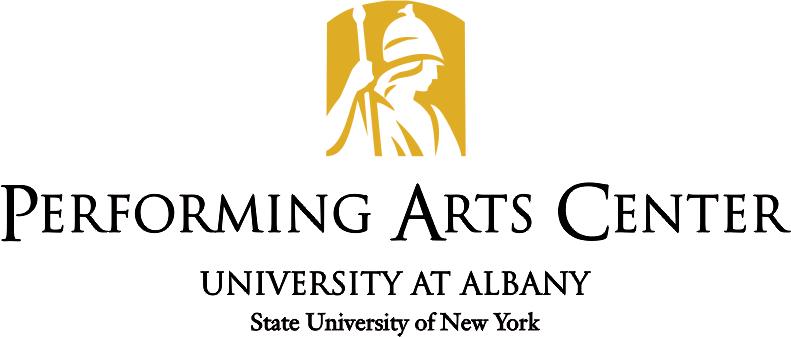
Foundation and University Auxiliary Services.
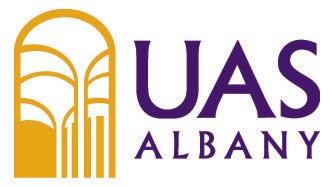
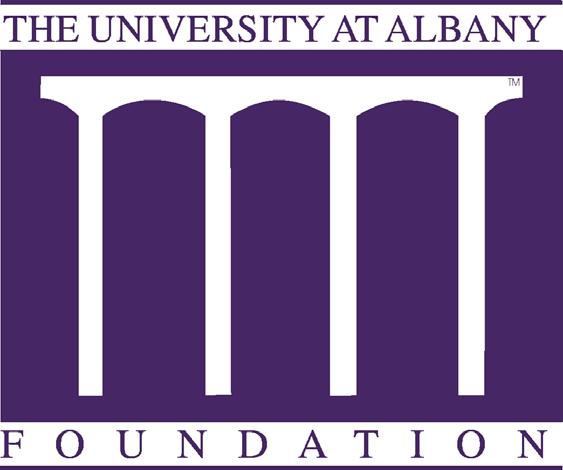
The UAlbany
The UAlbany
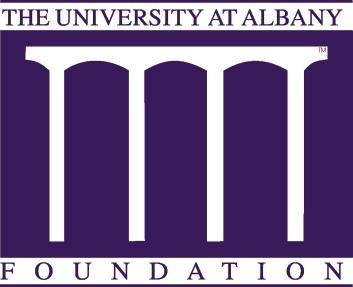
three lounges
lounges and
Arts Center’s six theatres,
Arts Center’s six
are
for
spaces are available for rental.
Latecomers will be seated at the discretion of the management and its staff.
The use of photographic or recording devices of any kind during this performance is strictly prohibited.

There is no food or drink allowed in the theatres, nor is smoking allowed in UAlbany buildings.
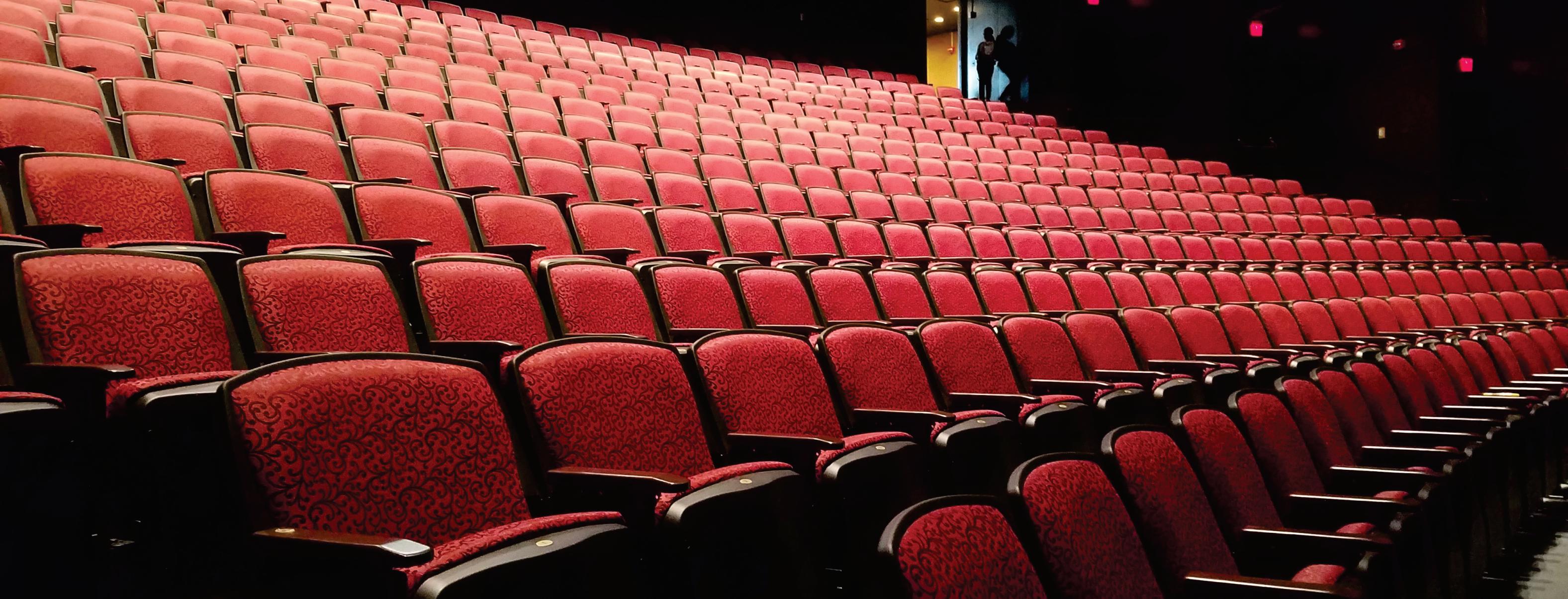
.
To avoid disrupting the performance, kindly disable any noise making electronic devices you may have with you.
Please take time to note the location of the fire exits nearest to you. In the event of an emergency, an announcement will be made from the stage. Please proceed to the nearest exit in an orderly fashion.
Created and produced by the University Art Museum, NYS Writers Institute and UAlbany Performing Arts Center in collaboration with WAMC Public Radio, this popular series features leading figures from a variety of artistic disciplines in conversation about their creative inspirations, their craft and their careers. “Roundtable” host Joe Donahue conducts live on-stage interviews followed by a Q&A with the audience.
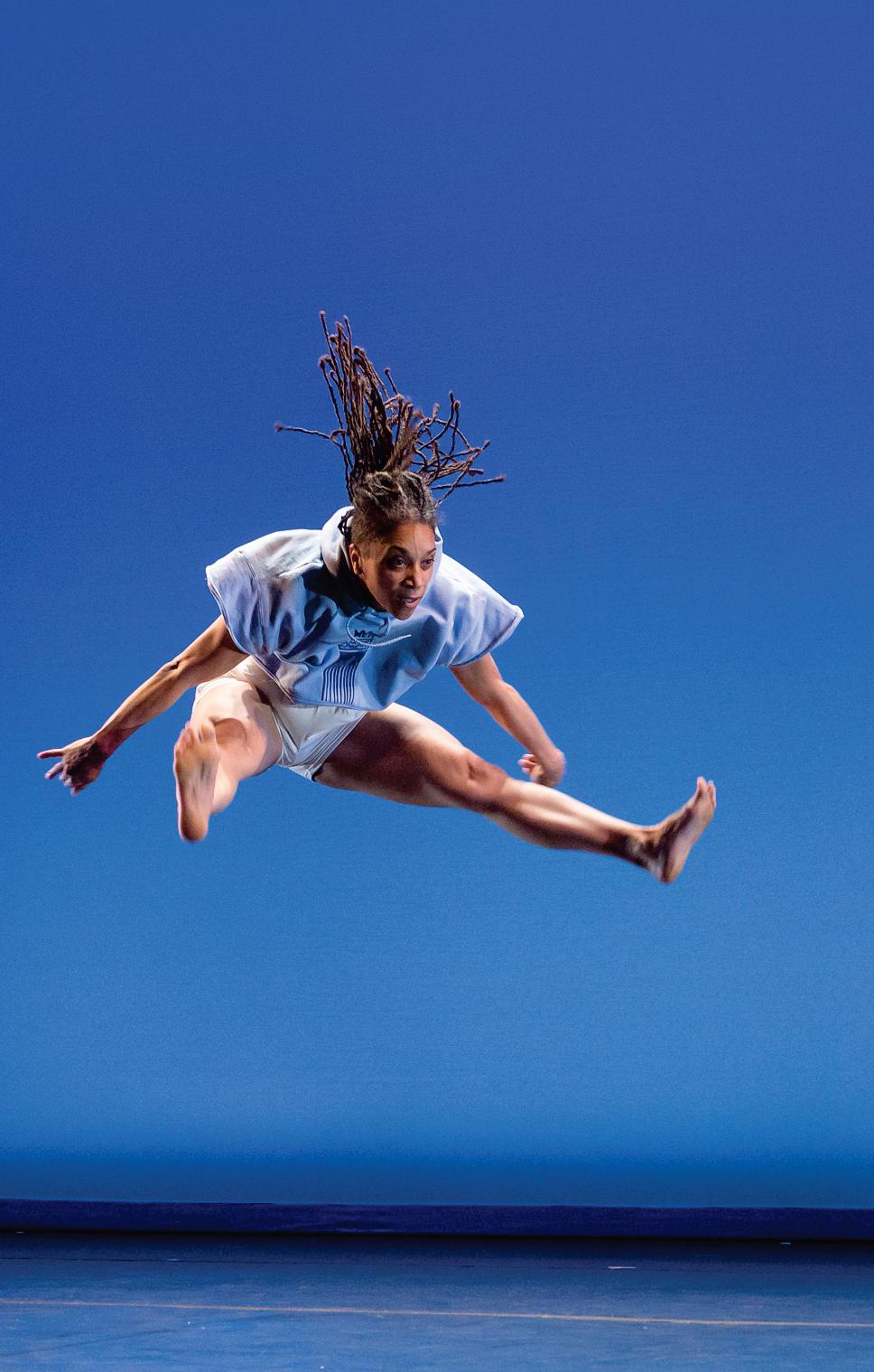



Troy, Albany, Schenectady and SaratogaSprings,NY

The UAlbany Performing Arts Center is no longer operating a box office. All ticketing is done on-line and can be easily navigated from the web site provided through the QR code above or address below.







